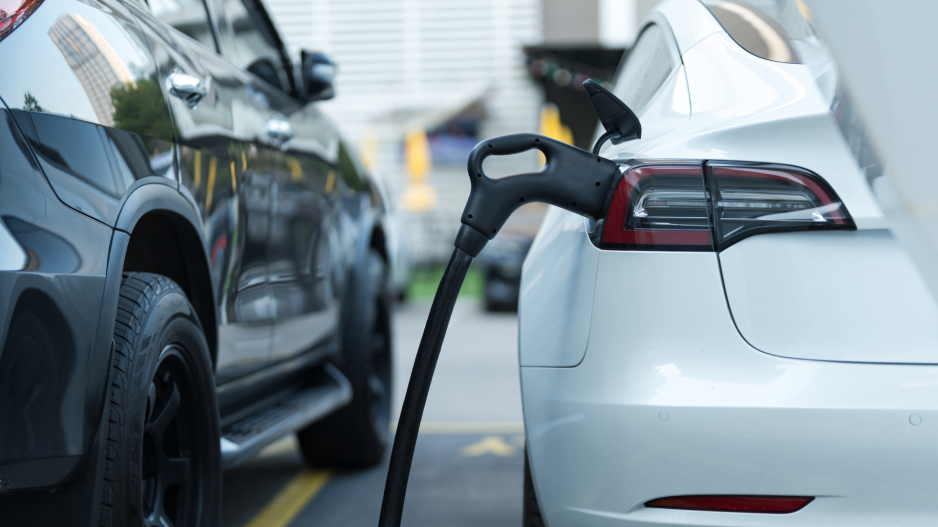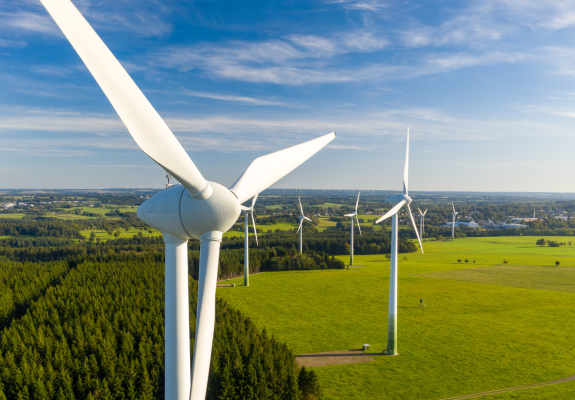EU Imposes New Tariffs On Chinese Electric Cars
Beijing Responds Strongly To EU’s Anti-Subsidy Tariffs, Citing Potential Trade Repercussions
The European Commission adopted a regulation on Tuesday imposing additional tariffs on electric vehicles imported from China, accusing manufacturers of unfair competition. In response, the Chinese government stated today that it "does not approve" and "does not accept" the decision made by the Commission.
Despite opposition from Germany, Brussels decided to increase the existing 10% duty with further tariffs of up to 35% on battery-powered vehicles manufactured in China.
The decision, valid for a period of five years, was published in the EU’s Official Journal on Tuesday and takes effect today.
The stated goal is to ensure a level playing field with Chinese manufacturers, which Brussels accuses of benefiting from massive public subsidies. The aim is to protect European carmakers and their 14 million jobs from unfair competition practices that the EU has highlighted following an extended investigation by the Commission.
The market share of Chinese electric cars has seen explosive growth in the EU, rising from less than 2% in 2020 to 14% in the second quarter of this year, according to European Commission figures.
"We value competition, but it must be based on equal terms," commented European Trade Commissioner Valdis Dombrovskis, who views the European measures as "proportionate" and "targeted."
Beijing has repeatedly condemned the EU’s turn towards "protectionism."
Until the last moment, Mr. Dombrovskis continued discussions with Chinese Minister of Commerce Wang Wentao to find a mutually acceptable solution through negotiations, though without success.
Both sides agreed, however, to continue consultations. The additional tariffs can be suspended at any time if an agreement is reached on alternative measures to offset the unfair advantage cited by the Commission.
China has threatened retaliatory measures targeting European interests. It has already begun anti-dumping investigations, focusing on European pork, dairy, and alcoholic products, especially cognac.
Germany and four other countries (Hungary, Slovakia, Slovenia, and Malta) voted against the Commission’s tariff plan, but failed to secure the necessary majority to block it.
The European Commission risks sparking a "trade war," warned the German auto industry lobby (VDA). German automakers fear they will bear the brunt of the impact.
The additional European tariffs on Chinese electric vehicles come amid a crisis for the Volkswagen Group, which is preparing to cut tens of thousands of jobs and close three plants in Germany.
The tariffs received support from ten EU member states, including France, Italy, and Poland. Twelve others, including Spain and Sweden, abstained.
"The European Union is making a critical decision to protect and defend its trade interests at a time when our auto industry needs our support more than ever," commented French Economy Minister Antoine Armand with satisfaction.
In France, however, the EU’s decision has caused concern among economic actors. The Cognac Producers Association (BNIC) complained that it had been "left to fend for itself," feeling "sacrificed" in a trade dispute unrelated to them.
The China Chamber of Commerce to the EU (CCCEU), representing Chinese businesses operating in Europe, condemned the additional tariffs, urging an end to "protectionist" measures.
"We deeply regret and remain dissatisfied with this decision, which is politically motivated and aimed inward," the organization said, calling on Brussels and Beijing to "accelerate discussions on minimum prices and ultimately eliminate" the additional tariffs.
The Sino-European dispute is part of broader tensions between the Asian giant and Western countries, particularly the US, which accuses China of unfair competition practices in the automotive sector and others, including wind energy and solar panels.
The European measures, which Brussels assures comply with World Trade Organization (WTO) rules, differ significantly from the much more punitive actions taken by Washington.
US President Joe Biden announced on May 14 a 100% increase in import tariffs on Chinese electric cars (up from 25%).
In Europe, the tariff levels vary depending on the manufacturer and the level of subsidies they receive.
Additional tariffs stand at 7.8% for Tesla cars produced in Shanghai, 17% for those from BYD, 18.8% for Geely, and 35.3% for SAIC, according to the final document circulated to member states on September 27.
Other groups that cooperated with the European investigation will face additional tariffs of up to 20.7%, compared to 35.3% for those who did not cooperate.
Beijing neither "approves" nor "accepts" Brussels’ decision
The Chinese government stated today that it "does not approve" and "does not accept" the decision made by the European Commission on Tuesday, following an investigation, to impose additional tariffs on electric cars imported by member states from China.
"China does not approve and does not accept this decision. It has filed a complaint under the World Trade Organization (WTO) dispute resolution mechanism," a representative of the Chinese Ministry of Commerce said in a press release.
"China will continue to take all necessary measures to firmly protect the rights and legitimate interests of Chinese businesses," he added.






